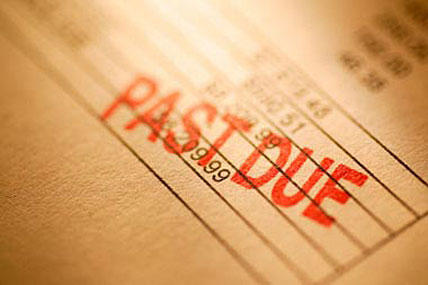Credit counseling sounds like it would be a great deal -- free review of your finances, only one monthly payment that they will manage to make payments to your other accounts, and maybe lower overall payments on your credit cards.
Sounds good, but before you jump to respond to TV and internet ads, you should know a few basic facts:
- Credit counseling is funded by the credit card lending business. Yes, you heard right, but it’s not as odd as it seems. Your lenders want to get repaid and have a huge incentive to keep you paying off principal even if it means earning little or no interest. For them, this is much better than having you walk away from your loan.
- Credit counselors make money for putting you on a “Debt Management Plan” or DMP. They don’t make anything for providing you “free” advice. But they do make money by enrolling you into their debt payment program. Generally, the borrower pays from $25-50 per month and the lender will pay somewhere between 5-10% of balances collected. So credit counselors have an incentive to enroll you in the plan whether or not you need it.
- You can only enroll in a DMP if the counselor performs a budget analysis and determines that you can’t continue to make current payments and are at risk of going bankrupt unless your payments are lowered.
- A DMP will general lower your interest rate to 0-5% and may lower your payments by 10-40%
- Participating in a DMP will show up on your credit report, although it’s not used in calculating your credit score.
- Enrolling in a DMP converts your credit cards to a fixed loan (so you can’t charge on them any more) and usually contains an agreement to keep you from opening up new accounts. So it really does cut you off from spending on credit.
- If you drop out of the program, you may have higher debts than when you started
So should you use a credit counselor? Well that depends on your circumstances. Most credit card companies have “hardship programs” that behave exactly as a DMP -- they close your account and convert it into a fixed loan at a lower rate, thereby lowering your payment. Most of the time, you can get into a hardship program on your own by explaining that you’re in difficult financial situation or threaten to go to a credit counselor or declare bankruptcy. If you can get into hardship programs on your own, then you can save $300-600 per year in fees by doing it on your own.
I’m of the opinion that credit counseling is worth the fees that you’ll spend, even though you’re in a tough financial situation. Having a good credit counselor as your partner can keep you more disciplined and motivated to get out of debt, especially if you’ve struggled with debt in the past and haven’t been able to do it on your own. So if you have significant debt (over $10K), are at severe risk of not being able to continue to make debt payments at their current level, and have struggled to pay if off credit counseling could be a great option for you.













